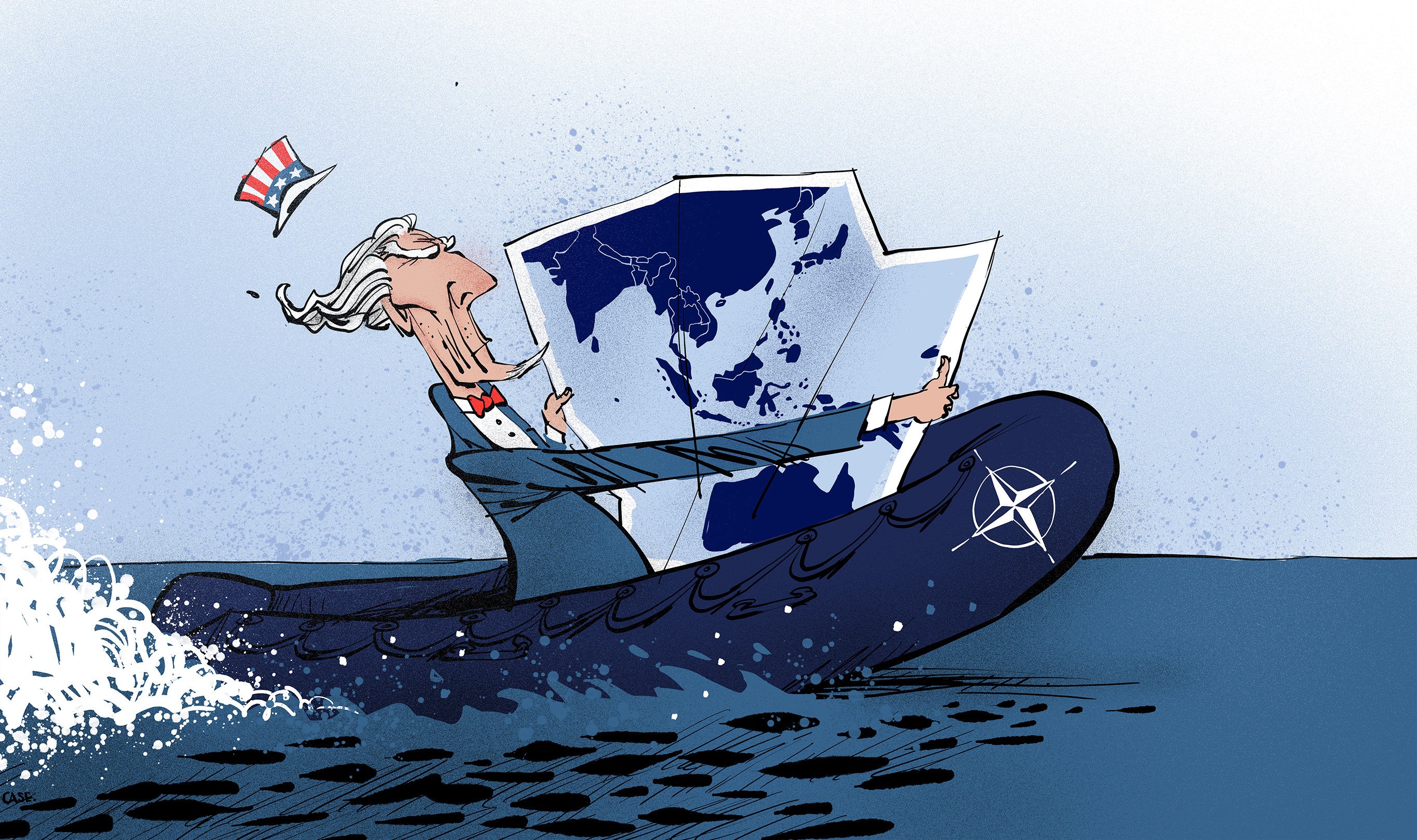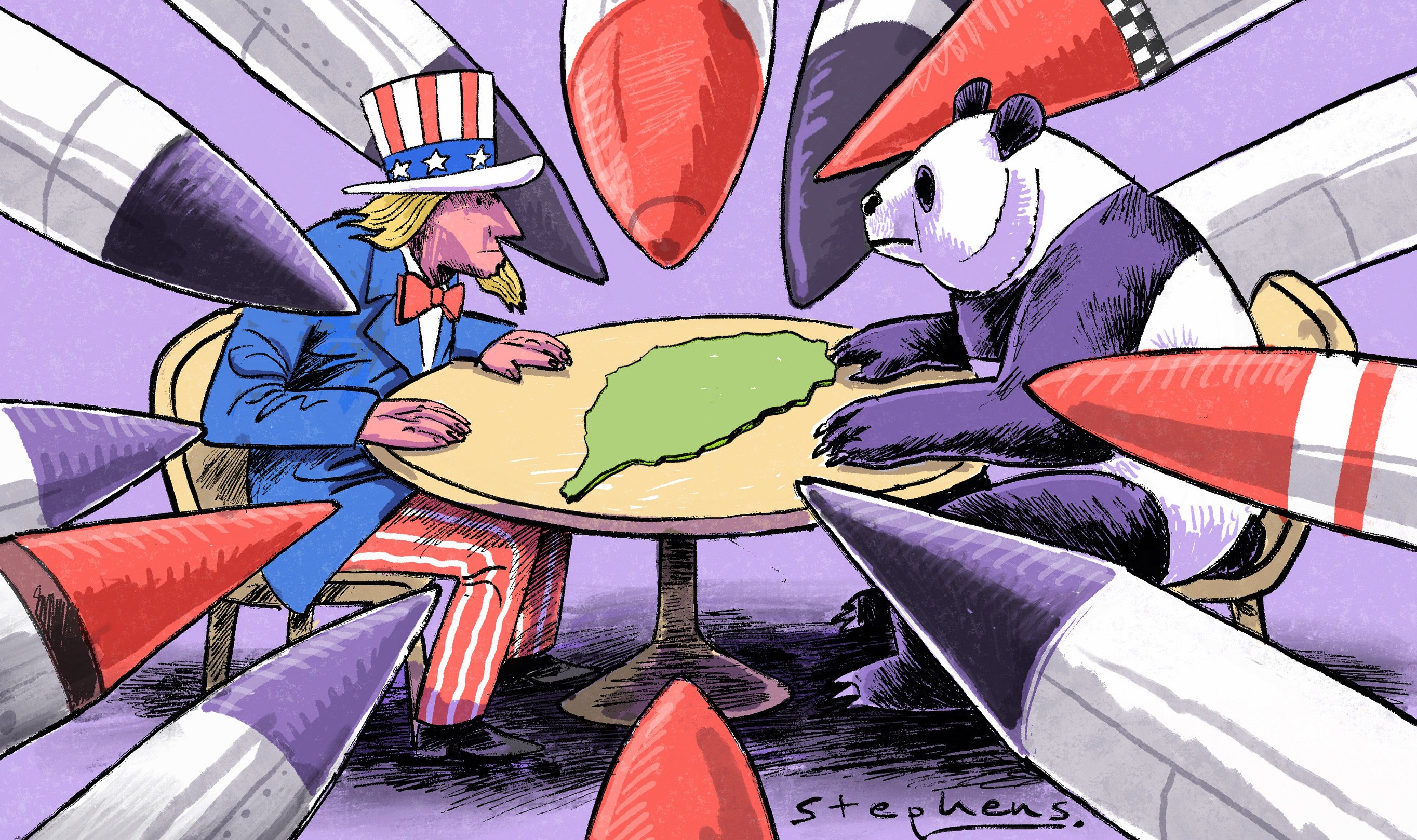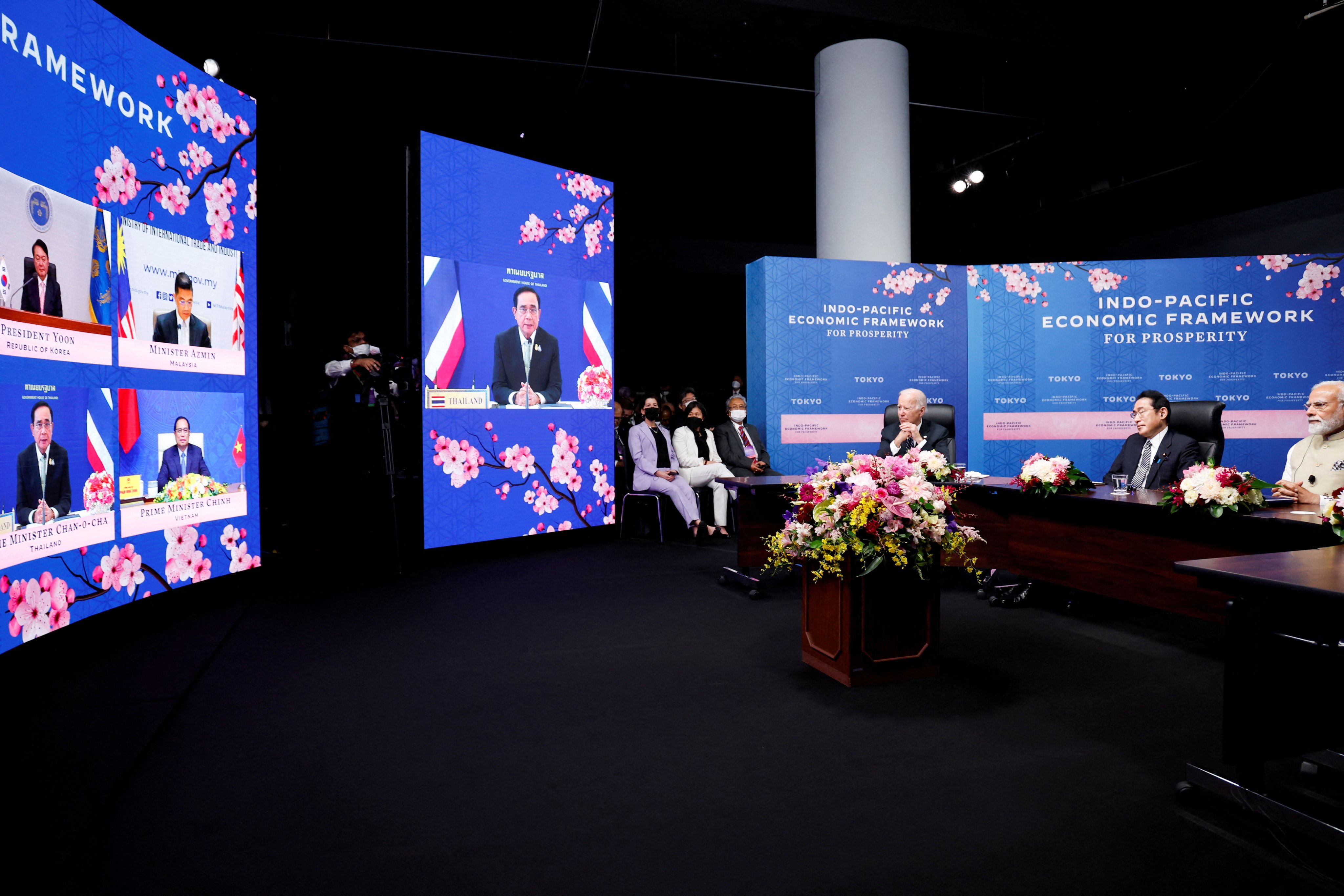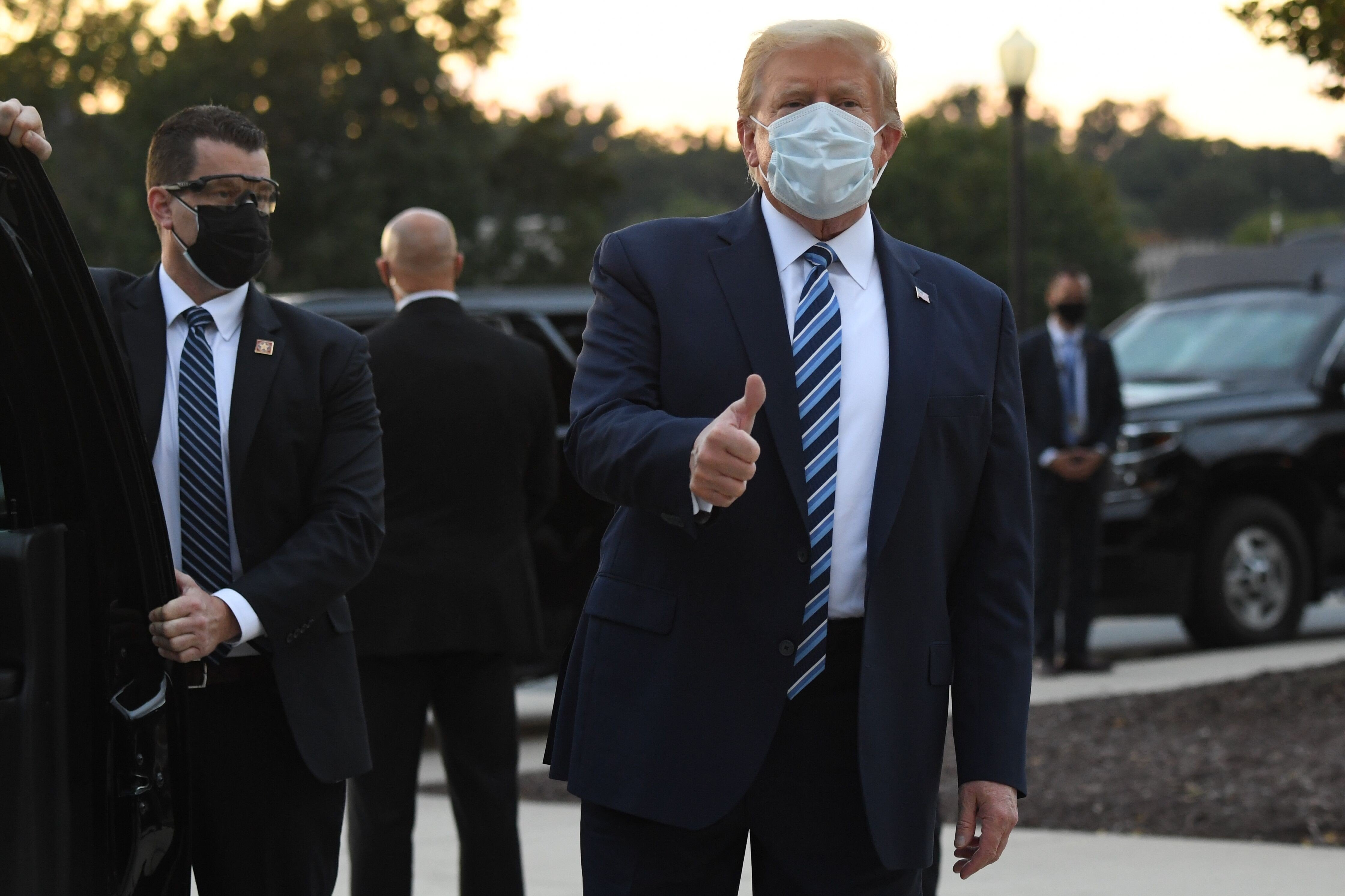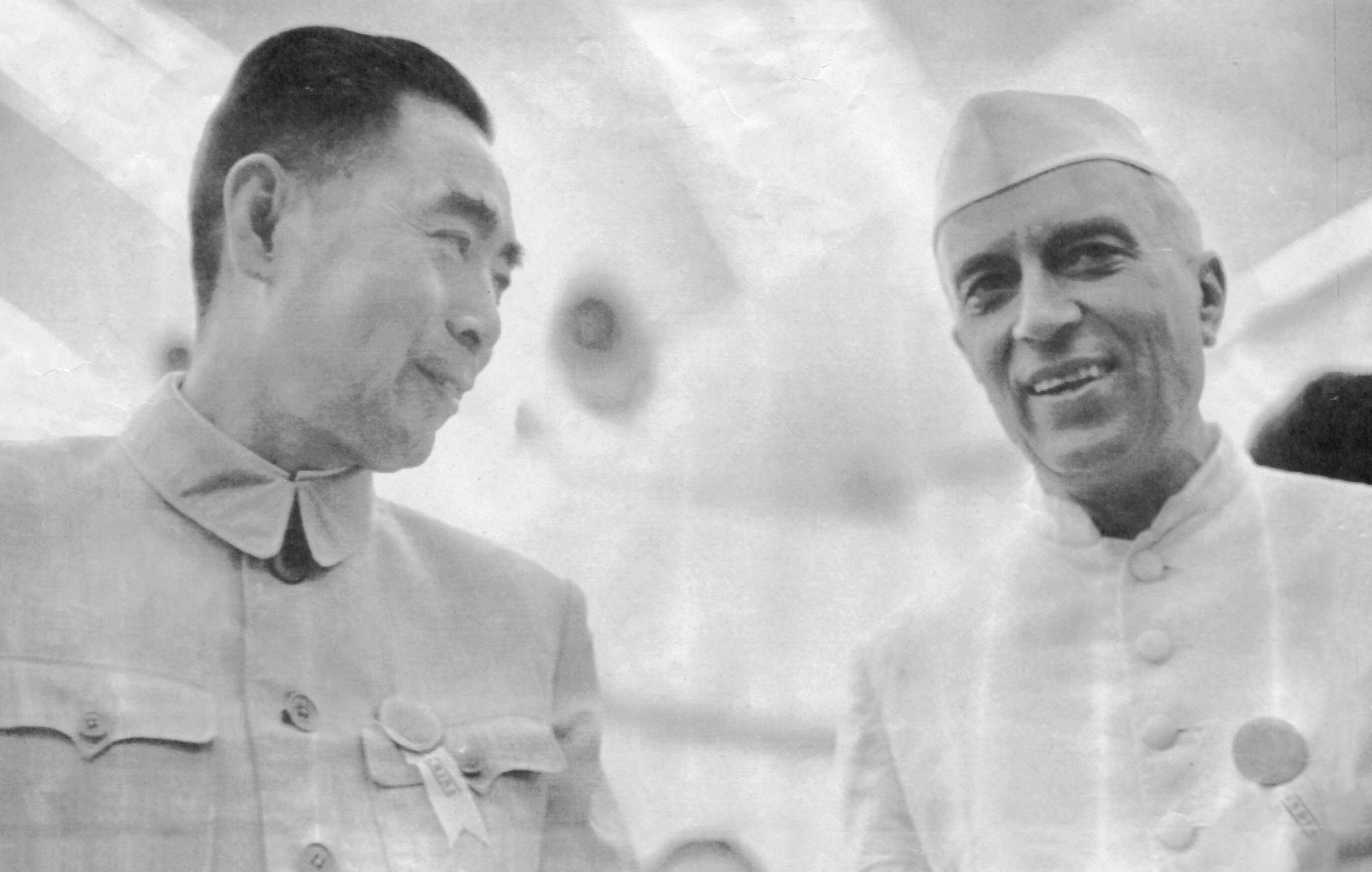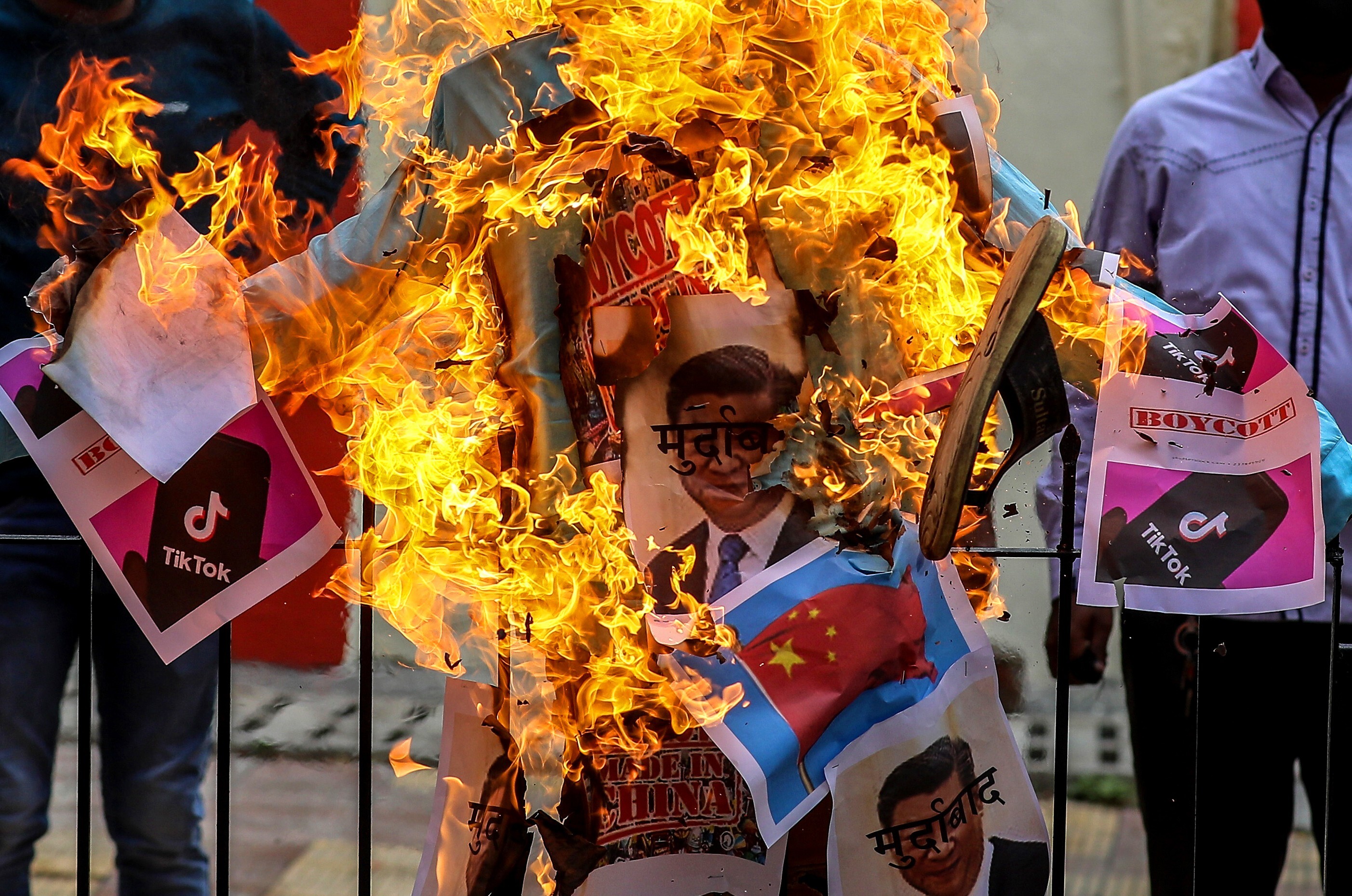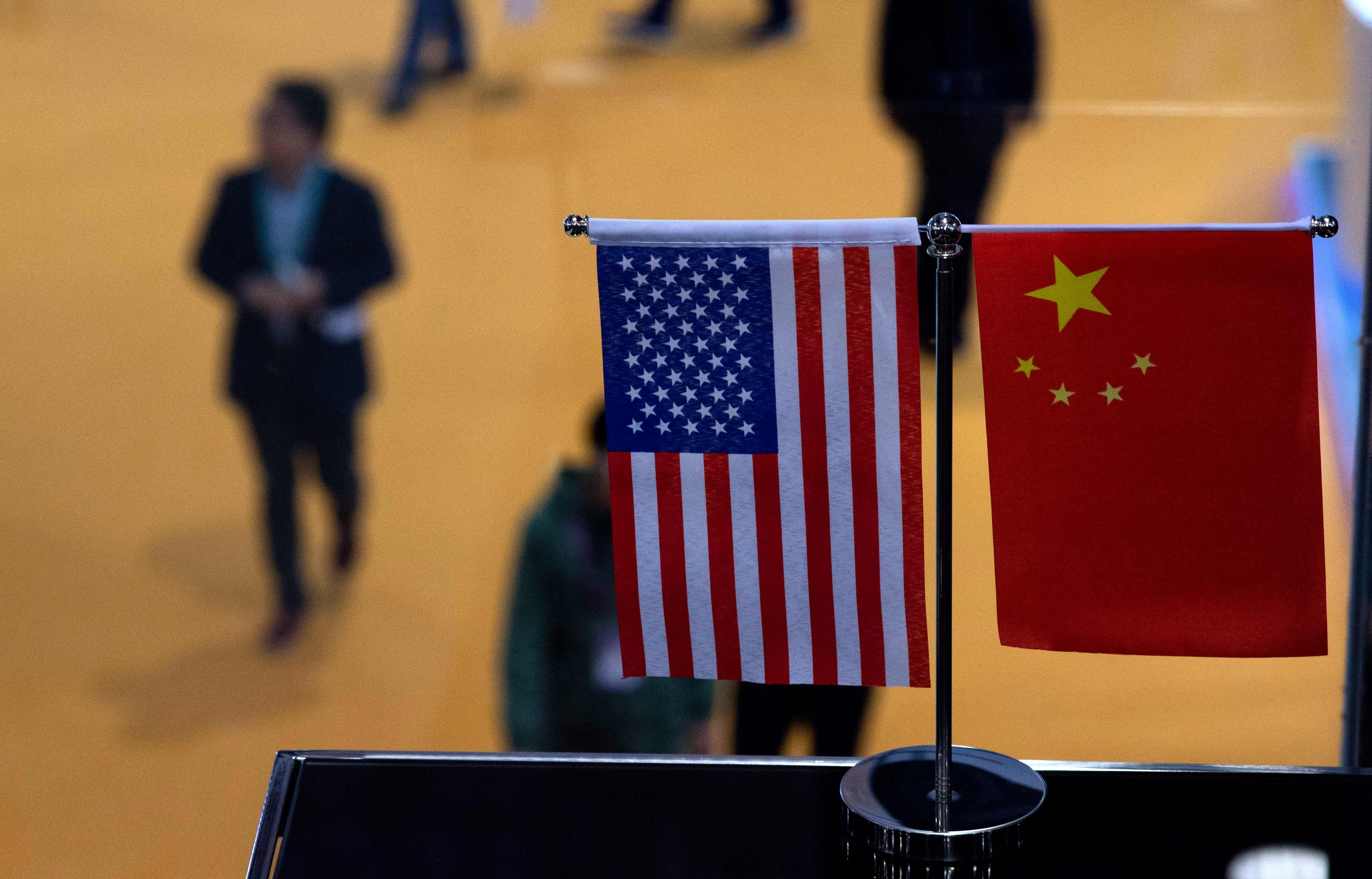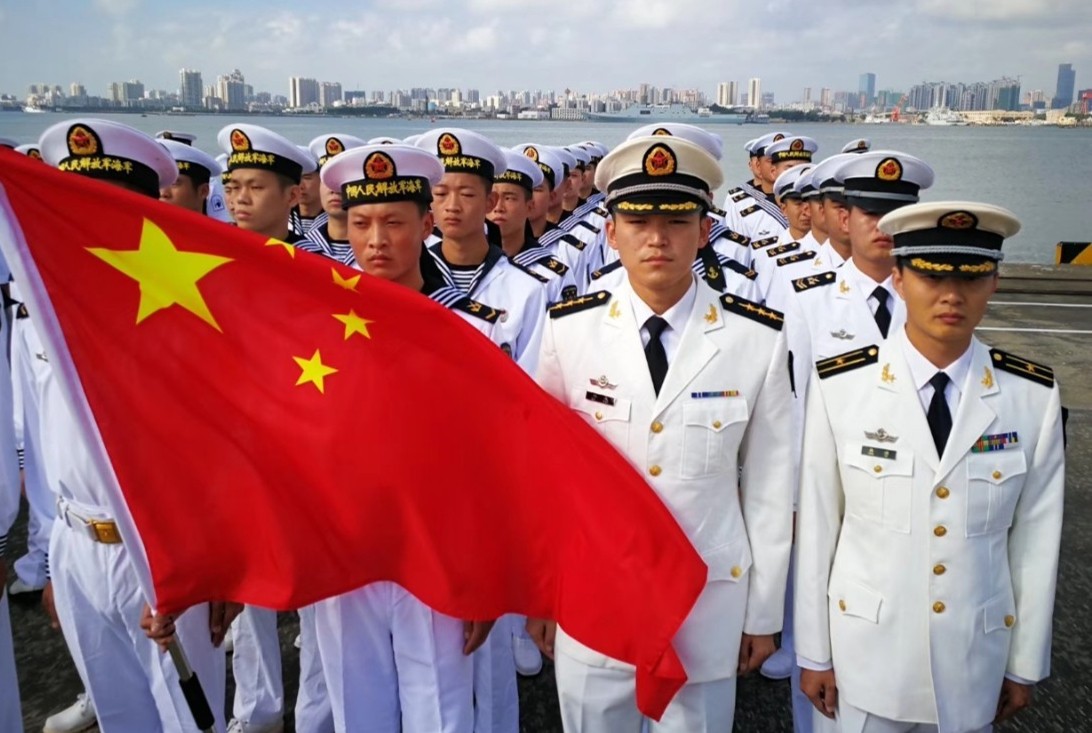
An Asian equivalent to the transatlantic security alliance was once thought improbable, but changes to the geopolitical landscape have revived the idea. If China wants to stop an Asian Nato from forming, it must address neighbouring countries’ threat perceptions and restart talks with the US.
The moves and countermoves by China and the US in the Taiwan Strait are part of a deterrence dilemma, a spiral of actions ultimately undermining their own goal. Talks aimed at controlling the capabilities of mutual deterrence will be conducive to de-escalation, and these talks must happen sooner rather than later.
The Indo-Pacific Economic Framework signals the start of competition within global institutions between the US and China. While this could have destructive effects, it also has the potential to inspire institutional reform and for great powers to provide more public goods.
If Trump’s re-election prospects continue to deteriorate, there’s a very real risk he might be pushed towards the seemingly unthinkable – recognising Taiwan diplomatically.
Beijing and New Delhi took part in the 1955 Bandung Conference. Now they must reignite that spirit and look towards peaceful coexistence among nations.
Beijing’s foreign policy has to take into account challenges from both nuclear-armed neighbours and strategic competitors. But is ‘wolf warrior’ diplomacy really the best response?
A Chinese crisis involves danger and opportunity. Among the benefits of the US-China trade war are chances for Beijing to rethink its economic goals and boost its leadership credentials. And the risk? Proxy wars and conflict
Just like when it suffered diplomatic isolation after the bloody crackdown in 1989, China will need a hand from its Asian neighbours to weather growing tensions with Trump’s America
